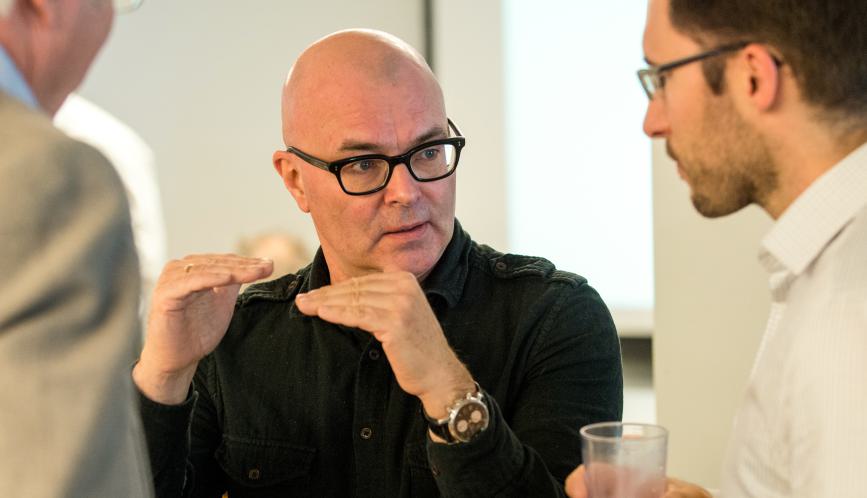Kjell G. Salvanes is a member of the Inequality: Measurement, Interpretation, and Policy network and is Professor in Economics at Norges Handelshøyskole (the Norwegian School of Economics). Salvanes is a Research Associate at CEPR and a Research Fellow at IZA. His research focuses primarily on early childhood experiences and education.
Please describe your area of study and how it relates to current policy discussions surrounding inequality.
My area of research is on early investment, early health shocks, and economic shocks to children. Parents’ investments hold that place out at different ages of the children up to adulthood, in terms of earning, in terms of health and education. So that is my main research area. And how it’s related to inequality, the question is there, does it start early on and how persistent is it? And how different types of investments will interact.
What areas in the study of inequality are in most need of new research?
I think we need to understand a couple of things. We need to understand exactly what it is that parents are doing differently in parenting, let’s say from high and low SES. There’s a big early gap in many types of matches like cognitive and non-cognitive skills. This difference seems to be persistent and even increasing over time, into adulthood and into the labor market. We need to know exactly what it is that makes it, is it resources, is it the parenting that’s being done, what exactly parents are doing. So that we need to understand. Also I think we need to understand what teachers are doing differently.
What advice would you give to emerging scholars in the field?
I think to be creative in using what theory is, they may be developing new theories to understand this. But also be creative in combining different types of data. Many people like me are using university data, but I think you need to have more detailed data on that and combining real data also with experimental evidence.



